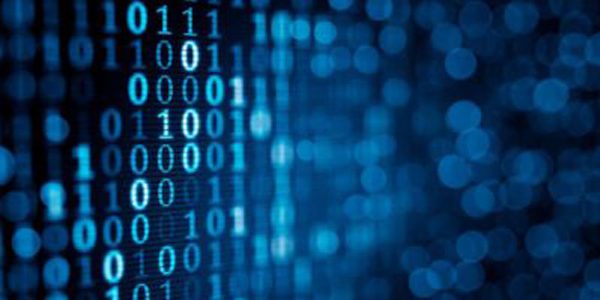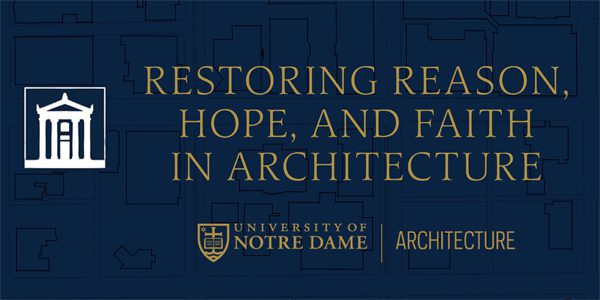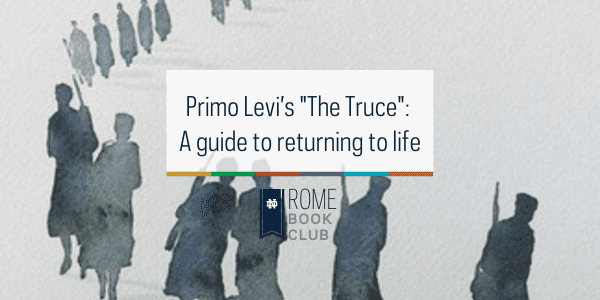Top 10 Learning Moments
- Technology does not exist in a vacuum. It’s socially embedded and used for certain purposes. It’s not always the technologists who are building it who are best situated to evaluate how that is going to be used or what its effects will be. A cross-disciplinary conversation is critical. — Mark McKenna
- Algorithms should not be deterministic, but should be a part of a decision making process that a human being makes. — Shaun Barry
- Education for students is very important, but also very important for people who are producing these systems already. They need to be educated and retrained to understand what it means to take care of AI bias in their operations. — Francesca Rossi
- IBM tries as much as possible to build diverse teams, so that in the team, there can be people with different points of view that can make team members aware of their respective biases. — Francesca Rossi
- Algorithms are opinions embedded in code. — Cathy O’Neil
- I don’t think algorithms are inherently evil or that they don’t have a place in society. — Genevieve Fried
- Most of the data scientists who build these algorithms don’t even realize that there is bias data in there. — Cathy O’Neil
- People are coming around to understanding that algorithmic systems are not objective decision makers. — Genevieve Fried
- When we have an algorithmic score of ourselves that has a high impact on us, like our jobs or our mortgages, we should have access to that score. — Cathy O’Neil
- The best legal advice is often to do the right thing. — Mark McKenna
Interested in learning more?
This series is hosted by ThinkND, the University of Notre Dame’s online learning community that connects you with videos, podcasts, articles, courses, and other resources to inspire minds and spark conversations on everything from faith and politics to science, technology, and your career.
Featured Speakers
Mark P. McKenna, John P. Murphy Foundation Professor of Law at the Notre Dame Law School and the Director of the Notre Dame Technology Ethics Center, University of Notre Dame
Cathy O’Neil, Author of the New York Times bestselling book Weapons of Math Destruction: How Big Data Increases Inequality and Threatens Democracy
Solon Barocas, Principal Researcher in the New York City lab of Microsoft Research and an Assistant Professor in the Department of Information Science, Cornell University
Shaun Barry, Global Leader in the Fraud & Security Intelligence practice, SAS
Kevin Bowyer, Shubmehl-Prein Professor of Computer Science and Engineering, University of Notre Dame
Genevieve Fried, Researcher, Office of Senator Chris Coons (D-DE)
Sara R. Jordan, Policy Counsel, Artificial Intelligence and Ethics at the Future of Privacy Forum
Ronald Metoyer, Associate Professor of Computer Science and Engineering, University of Notre Dame
Kirsten Martin, William P. and Hazel B. White Professor of Technology Ethics, University of Notre Dame Mendoza School of Business
Scott Nestler, Associate Teaching Professor in the IT, Analytics, and Operations (ITAO) Department and Academic Director of the MS in Business Analytics Program, University of Notre Dame
Mutale Nkonde, 2020-2021 Fellow at the Notre Dame Institute for Advanced Study, University of Notre Dame
Francesca Rossi, IBM Fellow and the IBM AI Ethics Global Leader, IBM Corporation
Kate Vredenburgh, Assistant Professorship in the Department of Philosophy, Logic and Scientific Method, London School of Economics
Michael Zimmer, Ph.D., Associate Professor in the Department of Computer Science, Director of Undergraduate Studies, Co-Director of the Interdisciplinary Data Science Major, and Director of the Graduate Data Science Certificate, Marquette University
“Algorithms are opinions embedded in code”
– Cathy O’Neil





